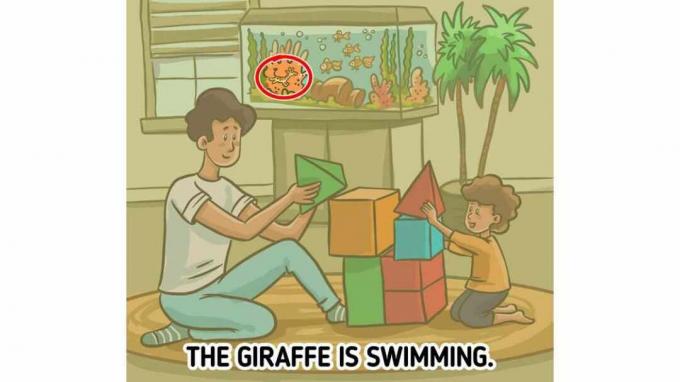An internet phenomenon, ChatGPT is a powerful demonstration of Artificial Intelligence. Although we only have access to the tip of that iceberg, it is already the technology of the moment and even large companies are afraid of its capabilities.
See too: New feature! ChatGPT has been updated upon gaining internet connection
see more
In the AI development landscape, China advances while the US…
Learn how to interact with Bard, Google's new chatbot and competitor…
Some people are afraid of the tool replacing their occupations in the not-too-distant future.
Going in that direction, an article called “GPTs are GPTs: An Early Look at the Labor Market Impact Potential of Large Language Models”, co-authored by OpenAI, creator of ChatGPT, OpenResearch and the University of Pennsylvania, gathered the professions less exposed to the development of Intelligence Artificial.
The 34 Professions That Will Not Be Replaced by Artificial Intelligence
Because they require physical and specific skills to function, artificial intelligences are unable to simulate the occupations of these positions:
- Meat slaughterhouses and packers;
- Cover helpers;
- Auxiliary masons, masons, masons, tilers and marble workers;
- carpenter's helpers;
- Auxiliary painters, paper applicators, plasterers and stucco workers;
- Plumber's assistants, plumbers, plumbers and fitters;
- Athletes and sports competitors;
- Roof bolts in the mining industry;
- Hairdresser;
- Operators of paving, paving and compaction equipment;
- hand cutters and pruners;
- cooks from fast food;
- Meat, poultry and fish cutters and trimmers;
- Manufacturers of foundry molds and cores;
- Electric line installers and repairers;
- vehicle glass installers and repairers;
- Divers;
- Cement masons and concrete finishers;
- Bus and truck mechanics and diesel engine specialists;
- Motorcycle mechanics;
- Stacking Platform Operators;
- Oil and gas extraction operators;
- Oil, oil and gas platform operators;
- Digging and loading machines and towed machine operators, surface mining;
- Agricultural equipment operators;
- Boat operators;
- Railway track laying and maintenance equipment operators;
- Well pump attendants;
- Installers of floor coverings, except carpets, wood and hard tiles;
- Repairers of refractory materials, except bricklayers;
- Tire repairers and changers;
- Attendants of restaurants and bartenders;
- stone cutters;
- Metal rollers and dumpers.
The fact that professions are mentioned does not mean that they will be immune to the advancement of technology forever.
Including, some robots already act as assistants in some of the occupations mentioned above.
It remains to be seen whether these robots will be equipped with artificial intelligence to perform even more complex tasks, such as those mentioned.


